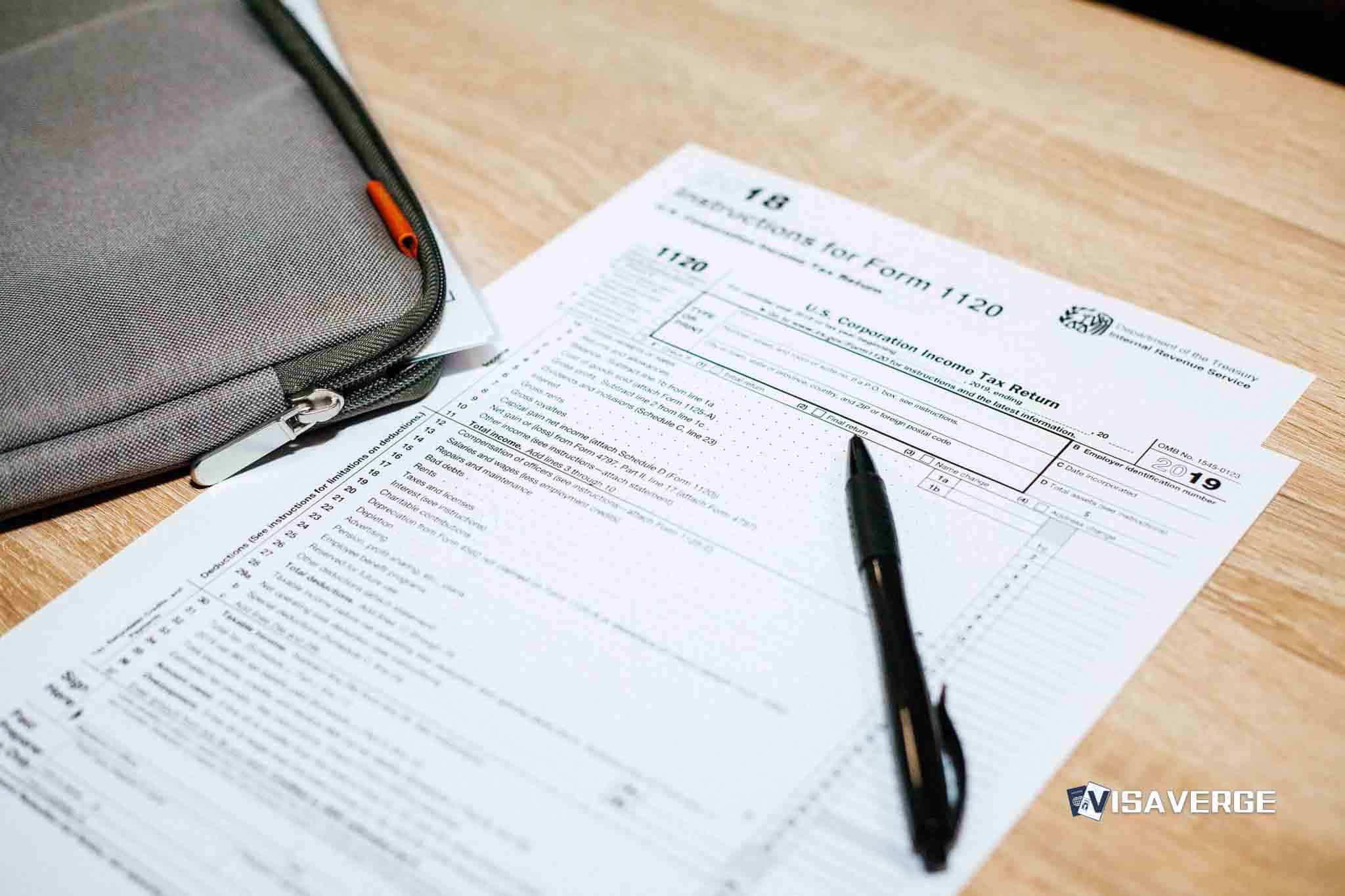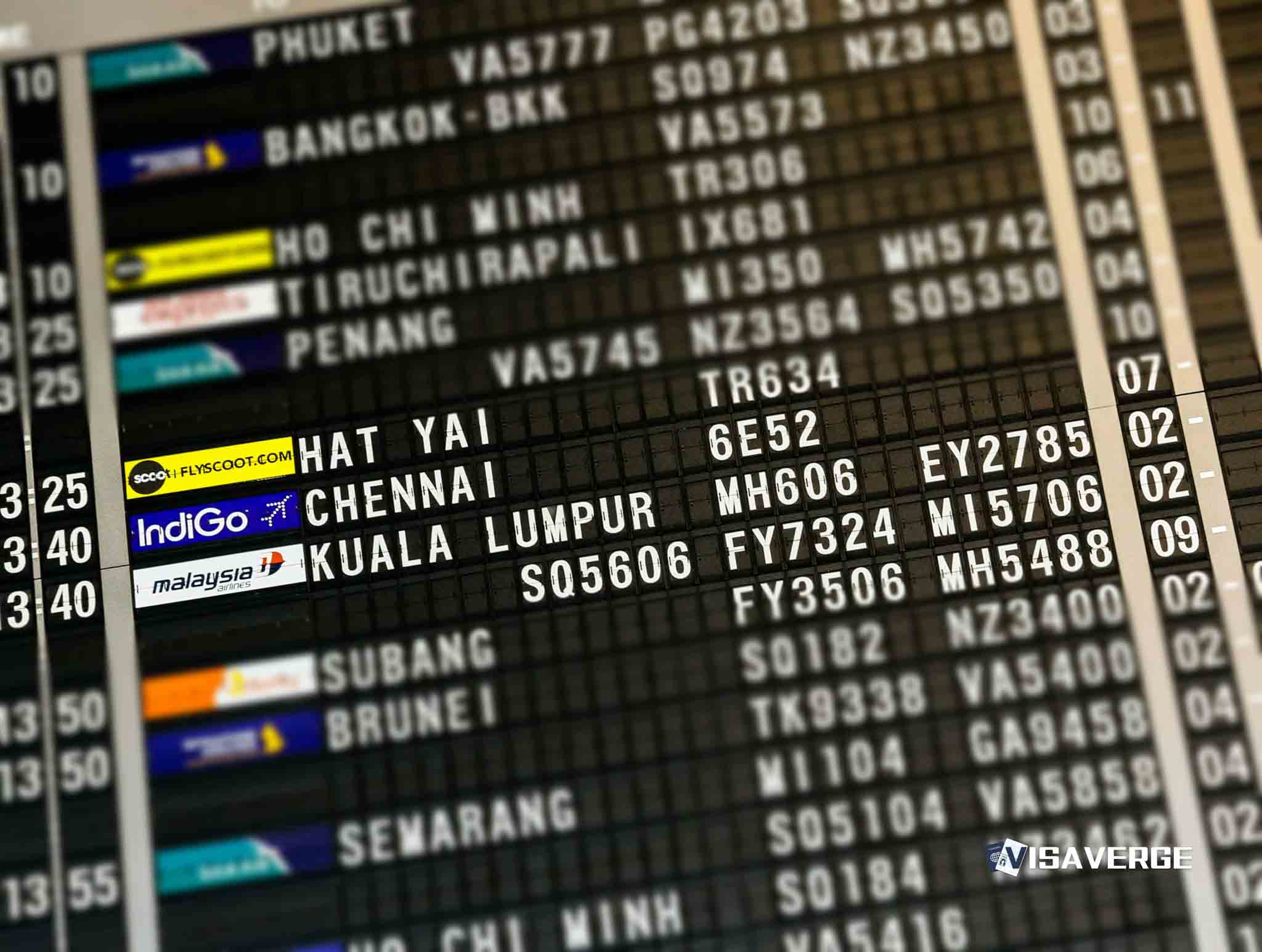A January 2025 executive order from President Biden reaffirmed that birth on U.S. soil confers citizenship under the 14th Amendment for those “subject to the jurisdiction” of the United States 🇺🇸, while excluding children of foreign diplomats. The move underscores a point that often causes confusion in immigration cases: citizenship, nationality, and place of birth are not the same thing. Who a person is in law can depend on how a country defines those terms, not simply where they were born.
Key legal distinctions

- Citizenship is a legal status that gives full rights and duties. Citizens can vote, work without extra permits, run for many public offices, and count on protection abroad.
- Nationality is the legal tie between a person and a state. It can exist without full citizenship rights and may be more fixed.
- Place of birth is a factual entry on a record. In many countries it can lead to citizenship, but not always and not for everyone born there.
The distinction matters most in mixed or special cases—children born in U.S. territories, kids born abroad to U.S. parents, and people born in countries that grant status by parentage rather than by soil.
Important example: In the United States, all citizens are nationals, but not all nationals are citizens. People born in American Samoa are U.S. nationals who hold U.S. passports and owe permanent allegiance, yet they don’t automatically have full federal voting rights unless they later naturalize. According to analysis by VisaVerge.com, this split between nationality and citizenship still drives many passport and benefits denials when applicants rely only on place of birth.
Policy clarifications in 2025
The White House action in January did not change the law; it reiterated the core rule of the 14th Amendment (ratified 1868): people born or naturalized in the United States and subject to its jurisdiction are citizens. That rule supports a long-settled approach to birthright citizenship while restating the diplomat exception.
The guidance aligns with current agency practice. The U.S. State Department says status turns on law and facts — parents’ status, place of birth, and jurisdiction at the time of birth — rather than on feelings of identity or cultural ties. For official guidance on how nationality and citizenship are assessed for passports and consular cases, see the exact State Department page: https://travel.state.gov/content/travel/en/legal/travel-legal-considerations/us-citizenship.html.
Globally, countries use different rules:
- Jus sanguinis (by blood): status determined by a parent’s citizenship or nationality.
- Jus soli (by soil): status determined by place of birth.
- Blended approaches: many countries mix these methods.
Dual nationality is common and frequently legal in both countries, though duties can conflict. One person can be a citizen of one state and a national of another, or hold multiple citizenships, depending on national rules. These rules can change, but there were no major U.S. statutory changes on this topic in 2025.
Practical effects for people born in territories or abroad
For families the key question is simple: which rules decide my child’s status? In the United States, answers typically fall into these paths:
- Birth in the United States
- If born in the 50 states, the District of Columbia, or most U.S. territories, you are a citizen at birth, unless a parent had diplomatic immunity.
- This is birthright citizenship. Your place of birth and the words on your birth record matter, but the legal test is whether U.S. law covered you at birth.
- Birth in outlying possessions
- People born in places like American Samoa are typically U.S. nationals at birth, not citizens.
- They can live and work in the United States without a visa, carry U.S. passports marked “U.S. national,” and may later choose to naturalize to gain full citizenship rights.
- Birth abroad to U.S. parents
- A child may be a citizen at birth if the U.S. citizen parent(s) met required periods of U.S. presence before the birth.
- Exact rules depend on parents’ marital status and citizenship at the time. Here, nationality and citizenship can be transmitted by parentage rather than by place of birth.
- Naturalization
- Immigrants who are not citizens at birth can apply to become citizens through naturalization.
- Typical requirements:
- At least five years as a lawful permanent resident (or three years if married to a U.S. citizen)
- Continuous residence and physical presence
- Good moral character
- English ability and civics knowledge
- Applicants use Form N-400, Application for Naturalization: https://www.uscis.gov/n-400.
- Adoption
- Some foreign-born children adopted by U.S. citizens gain citizenship automatically under federal law once specific conditions are met; others may need documentary proof.
- Many families later file Form N-600, Application for Certificate of Citizenship to confirm status: https://www.uscis.gov/n-600.
Each path shows why place of birth is only part of the story. Examples:
- A Canadian-born child with a U.S. parent might be a U.S. citizen from birth despite a foreign birthplace.
- A U.S.-born child of a foreign diplomat may not be a U.S. citizen despite a U.S. birthplace.
- A person born in an outlying U.S. possession may be a U.S. national but not a citizen, unless they later naturalize.
How these lines affect everyday life
These legal distinctions determine important practical outcomes:
- Whether a person can vote in federal elections
- Eligibility for certain public-sector jobs
- Ability to sponsor relatives
- Access to full consular protection abroad
- Which passport a person can hold and what rights that passport confers
- Whether time counts toward naturalization or if proof of status is needed
Errors or misunderstanding can delay travel, block job offers, or lead to denial of federal benefits.
Recommended steps for families and applicants
- Keep primary proof documents:
- Birth certificates, consular birth reports, and adoption decrees are crucial.
- For U.S. citizens born abroad, the consulate may issue a Consular Report of Birth Abroad.
- For proof of citizenship through a parent, many file Form N-600.
- Choose the correct process:
- If you are already a citizen by law, you seek proof of citizenship.
- If you need to gain citizenship, you follow the naturalization process using Form N-400.
- Match the passport form to status:
- Citizens apply for a U.S. passport to show both nationality and citizenship.
- U.S. nationals who are not citizens can apply for a U.S. passport that reflects national status.
- First-time applicants generally use Form DS-11 on State Department platforms.
Experts warn: confusion often starts with word use. National identity (how someone feels) is different from legal nationality (the formal tie to a state) and citizenship (the fullest legal status with rights and duties). These three may not line up for many families.
For now, U.S. agencies continue to follow long-settled doctrine. The executive order’s language, agency manuals, and consular practice all point to the same conclusion: place of birth can lead to citizenship, but it does not, by itself, decide nationality or citizenship in every case. Families in edge cases—diplomatic parents, births in outlying possessions, or complex parentage—should check the specific legal test that applies to their facts before they travel, vote, or file benefits cases.
Frequently Asked Questions
This Article in a Nutshell
The January 2025 executive order from President Biden restated that the 14th Amendment grants citizenship to those born on U.S. soil and subject to U.S. jurisdiction, while reiterating the diplomat exception. The order did not change statutory law but clarified longstanding doctrine: citizenship, nationality, and place of birth are different legal concepts. Practical implications affect people born in U.S. states, territories, outlying possessions like American Samoa (U.S. nationals), and children born abroad to U.S. parents. Status depends on parents’ legal standing, location, and jurisdiction at birth. Families should retain primary documents, use the correct forms (N-400, N-600, DS-11), and seek specific legal guidance for edge cases involving diplomats, territories, or complex parentage.








